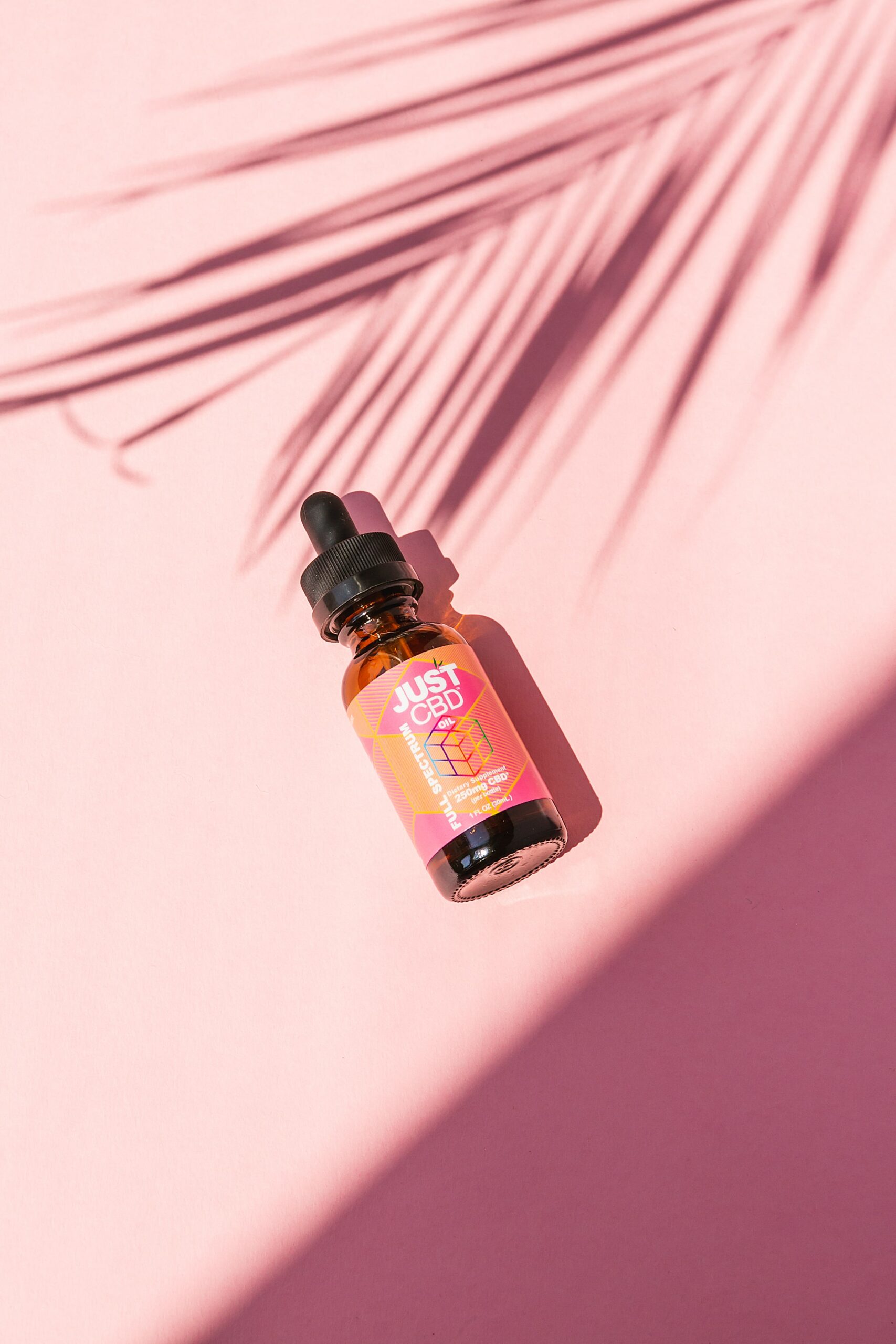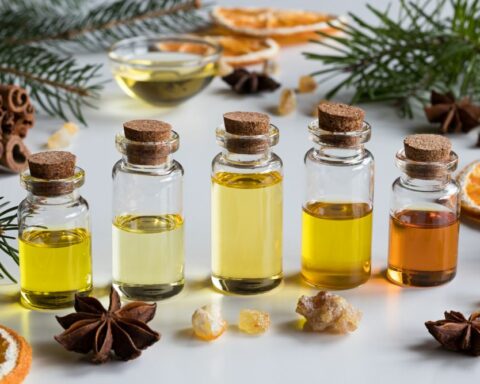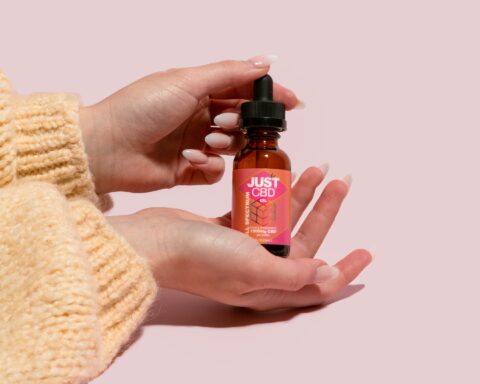In general, essential oils are used where their focused impact is required. For example, to calm the body after exercise, rub Deep Blue oil on the muscles in the back and legs. Another reason to use essential oils on wrists, palms, or behind your ears is to get a scent. However, dilution, the fundamentals of applying essential oils topically, must be understood.
Ways Of Using Essential Oils
Through the sense of smell. This is referred to as “aromatic” essential oil use. Aromatically, essential oils can be used by:
- Diffusing essential oils in a diffuser
- Inhale after applying a drop to your hands.
- As a personal fragrance. (wear as a scent)
Essential oils can be ingested or used “internally,” allowing them to travel throughout your body. First, make sure the essential oil is safe to use internally, and then try one of the following methods:
- Pour a glass of water with it.
- ingest a vegetable pill
- Place a drop on your tongue.
The Dilution Trick
Pure vegetable oil is the best carrier oil because it dissolves quickly and does not alter the profile of your essential oil. If the oil profile is broken, it can reduce its efficacy, stopping you from enjoying all its benefits. You can boost absorption, delay evaporation, and protect your skin by mixing the essential oil with a carrier oil. A carrier oil is a base oil (usually a pure vegetable oil) that aid in improving absorption in the skin by “carrying” the essential oil to the desired spot on the body.
Purpose do your investigation before applying the essential oils topically to see if they need to be blended with a carrier oil. Some essential oils that should not be undiluted are Cassia, clove, cinnamon, cumin, lemongrass, oregano, and thyme.
Why Use Essential Oils Topically
If you’re fresh to essential oils or haven’t had much experience using them topically, you may be thinking, “What are the benefits of topical application?” To name a few advantages:
- Skin advantages are significant.
- Provides the body with relaxing, calming, warming, cooling, or invigorating emotions.
- As the user inhales essential oils on the skin, it simultaneously gives olfactory benefits.
- Enables the users to focus on various body parts.
Where To Apply Essential Oils Topically
Stomach
If you’re suffering from digestive problems, try applying essential oils to your stomach. It can settle your stomach if you’re tense, sick, or have indigestion, much as it may relax your temples.
Temples
The temples are a crucial pressure point and probably the most familiar place to apply essential oils. Oils such as lavender, peppermint, and lemon help people calm down and de-stress. It’s especially useful at night when you need to turn out your brain and get some rest.
Feet
Apply essential oils to the feet to treat several ailments highly effectively. The feet are densely packed with reflexology points. Massage into reflexology areas, such as the inner arches, to aid digestion. The tea tree is popular in this area due to its pleasant scent and antimicrobial characteristics. Because of their smells and magical therapeutic properties, bergamot, oregano, and rosemary are popular for the foot.
Chest
you can alleviate breathing issues by using an essential oil burner or putting a few drops in a diffuser. If you have a cough or congestion, using essential oils directly to the chest can help.
Abdomen
Using essential oils to the abdomen allows you to utilize their soothing properties. Additionally, massage oils into the abdomen (especially around key digestive organs) to ease occasional stomach discomfort.
Face
When applied to the face, essential oils can improve the skin’s appearance and create a clear, radiant complexion. Place a few drops of essential oil into your lotion/cream, facial cleanser, or moisturizer. You can also apply an oil directly to the face after diluting it with measured Coconut Oil or any other carrier oil.
Essential Oils Safety Guidelines
- Do not apply to sensitive areas such as the nose, ears, eyes, or broken skin.
- When using essential oils on small children, always watch them.
- Read the labels in the package to understand what it is and get instructions.
- Keep an eye out for oils that include sun exposure warnings.
- Keep oils out of the reach of youngsters and store them safely.
- To reduce skin sensitivity, dilute the product.
- Before using essential oils, consult a healthcare professional if you have any specific health concerns.
Conclusion
The most common form of application for essential oils is topical. Applying oils topically is simple, quick, and effective. It is preferred because it is applied to specific parts of the body. Any oils considered You should handle “hot” with extreme caution. All of the oils in the above-mentioned dilute category fall under this category. Always dilute these oils and keep in mind that you might use them in other ways except on the skin.
- FDC – Giejo Magazine Article - July 29, 2023
- MoriMa Tea the – Chinese tea culture - April 26, 2023
- Missionary Position – Least Likely To Bring You To Climax - April 7, 2023








